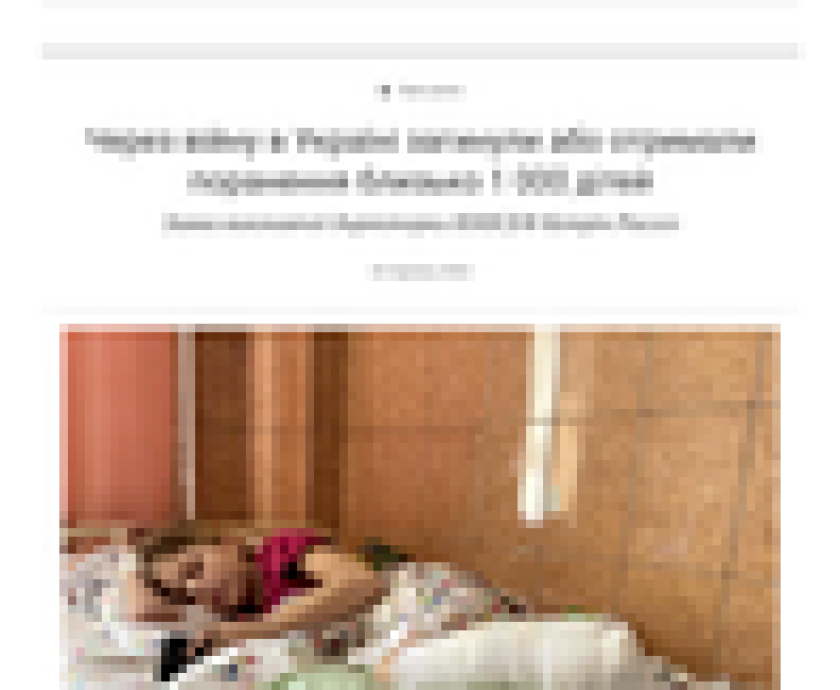Sri Lankan government soldiers in protective clothes spray disinfectants at a railway station in Colombo, Sri Lanka, Wednesday, March 18, 2020.
© 2020 AP Photo/Eranga Jayawardena
Sri Lanka’s inspector general has ordered police to arrest those who “criticize” officials involved in the coronavirus response, or share “fake” or “malicious” messages about the pandemic.
According to the order, issued on April 1, officials “are doing their utmost with much dedication to stop the spread of COVID 19,” but “those officials’ duties are being criticized, minor issues are being pointed out,” and messages are being posted that “scold” officials, thus “severely hindering” their duties.
As of April 2, Sri Lanka had 151 confirmed COVID-19 cases and 4 deaths. So far, more than 10,000 people have been arrested since a curfew intended to slow the spread of the virus was imposed on March 20.
The global pandemic is a challenge for authorities as they try to protect the population with necessary public health measures. However, criticism will not hinder their work, even if some find it aggravating or unjustified. Blanket censorship and threats of arrest for speech not only violate Sri Lanka’s obligations under international human rights law, but are counter-productive. Officials who need to know of shortcomings to address gaps in their response will not be helped by the withholding and censoring of information. During curfews and lockdowns, many citizens will need help obtaining basic necessities, and they should be able to share their views and exchange information.
Sri Lankans’ concerns that their rights will be respected are particularly crucial since President Gotabaya Rajapaksa has assigned the army chief to lead Sri Lanka’s coronavirus response. Gen. Shavendra Silva, who heads the National Operation Centre for Prevention of COVID-19 Outbreak, faces credible allegations of war crimes during the final months of Sri Lanka’s long civil war. Ethnic Tamils, Muslims, and critics of the government, who have long borne the brunt of security force abuses, will be especially concerned that their civil and political rights will not be respected.
A rights-respecting response to COVID-19 needs to ensure that accurate and up-to-date information about the virus, access to services, service disruptions, and other aspects of the response to the outbreak is accessible to all. A failure to uphold the right to freedom of expression during the pandemic undermines basic human rights and could undermine trust in government actions.



